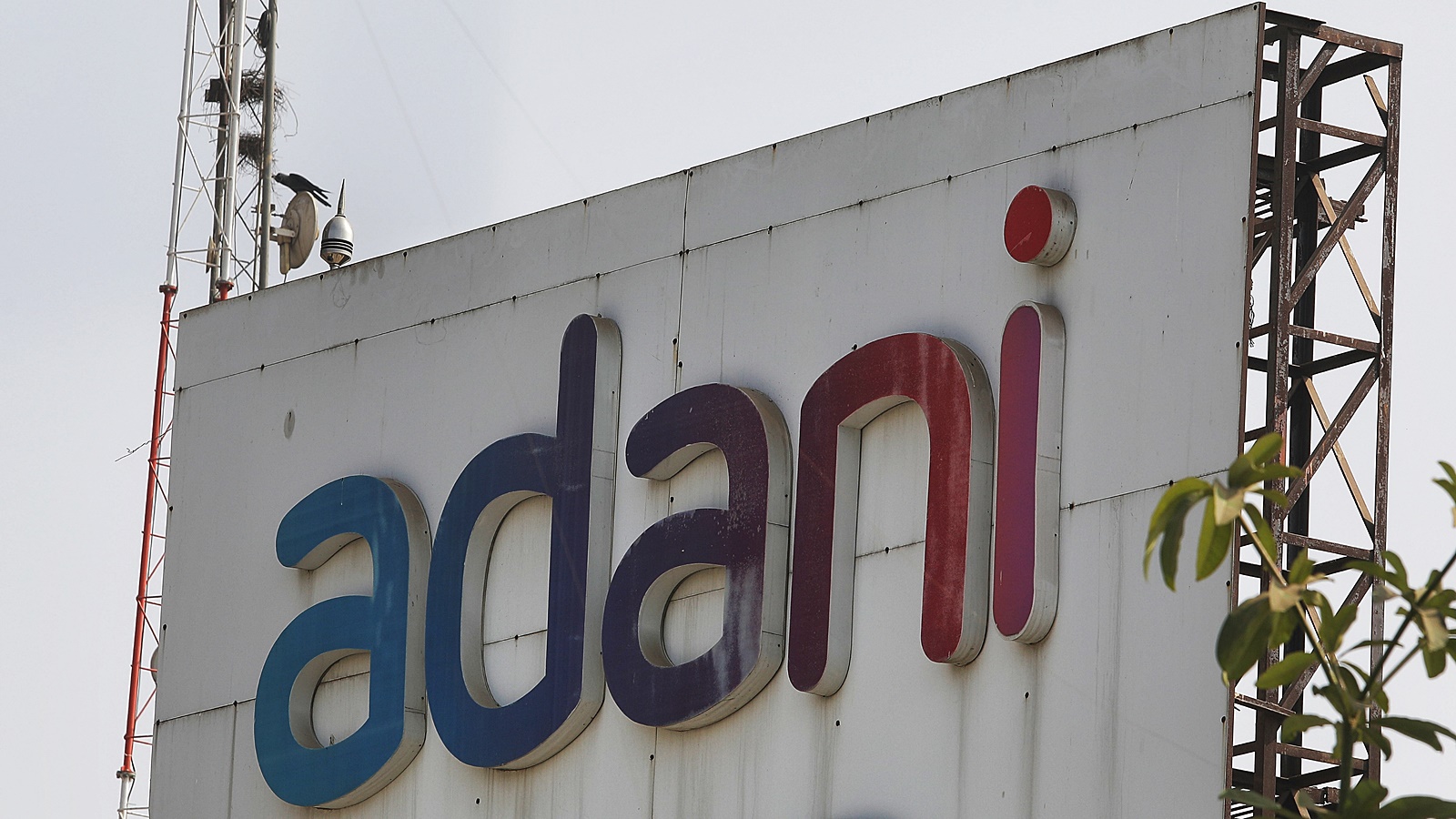 |
|
A US court filing has leveled serious allegations of bribery against Gautam Adani, chairman of the Adani Group, his nephew Sagar Adani, and six others. The indictment alleges a complex scheme involving approximately Rs 2,029 crore (approximately $265 million) in bribes offered to Indian government officials to secure lucrative solar energy supply contracts with state electricity distribution companies. The core of the alleged scheme centers around facilitating agreements between the Solar Energy Corporation of India (SECI) and various state electricity distribution companies to purchase solar power generated by Adani Green Energy subsidiaries and a US-based renewable energy issuer. The scale of the alleged bribery is staggering, highlighting the potential magnitude of the repercussions for the Adani Group and the broader Indian energy sector.
A significant portion of the alleged bribe, approximately Rs 1,750 crore (around $228 million), was allegedly offered to "Foreign Official #1," identified as a high-ranking Andhra Pradesh government official. The filing details multiple meetings between Gautam Adani and this unnamed official, suggesting a concerted effort to influence the state's decision to purchase a substantial amount of solar power – seven gigawatts – from SECI under the Manufacturing Linked Project. The timing of these meetings, occurring between August 2021 and November 2021, coincides with the period when negotiations for the power sale agreement were underway. This suggests a direct link between the alleged bribe and the securing of the Andhra Pradesh contract, a contract described as the largest of its kind in India.
The court filing also names several co-conspirators, including Vneet Jaain, CEO of Adani Green Energy, and individuals associated with Azure Power Global Ltd and a Canadian institutional investor. The involvement of these individuals underscores the breadth of the alleged conspiracy, suggesting a coordinated effort to influence multiple levels of the decision-making process. The indictment alleges that the co-conspirators engaged in extensive communication, including via electronic messaging, to discuss their efforts to bribe Indian government officials. This detail provides evidence of a deliberate and organized attempt to circumvent regulatory processes and secure favorable contracts for Adani Group entities. The fact that the identities of some key players, including the “Foreign Official #1”, the US Issuer, and the Canadian institutional investor, are known to the Grand Jury but not publicly disclosed, suggests that the investigation is ongoing and further revelations are expected.
The timing of the contracts awarded after the alleged bribery attempts is also significant. Between July 2021 and February 2022, several states, including Odisha, Jammu and Kashmir, Tamil Nadu, Chhattisgarh, and Andhra Pradesh, signed power sale agreements (PSAs) with SECI. These agreements then paved the way for power purchase agreements (PPAs) between SECI, the US Issuer, and Adani Green Energy subsidiaries. The sheer volume of contracts secured shortly after the alleged bribery attempts raises serious questions about the fairness and transparency of the procurement process. This reinforces the need for a thorough investigation to determine the extent of the alleged bribery and its impact on the Indian energy sector. The potential consequences of this case are significant, not only for the Adani Group but also for the reputation of India's renewable energy sector and its ability to attract foreign investment.
The US court filing raises serious questions about corporate governance, transparency, and the integrity of the Indian energy sector. The scale of the alleged bribe and the involvement of high-ranking officials underscore the importance of addressing corruption in the public procurement process. The ongoing investigation, along with potential further revelations, will likely have significant implications for the Adani Group, its business dealings, and the broader perception of India’s business environment. The international nature of the alleged conspiracy, with the involvement of a US-based renewable energy company and a Canadian institutional investor, adds another layer of complexity to the case and highlights the global reach of financial crimes. The outcome of this case will likely influence future foreign investment decisions in India and underscore the importance of robust anti-corruption measures in the country.
The case also spotlights the vulnerabilities within the renewable energy sector to such schemes. The complex web of contracts, involving multiple entities across different jurisdictions, makes it challenging to monitor transactions and detect corrupt practices. The alleged involvement of several companies, including a US-based renewable energy company and a Canadian institutional investor, raises concerns about the due diligence practices of multinational corporations investing in developing economies. The investigation needs to thoroughly examine the roles played by all the implicated entities to identify any gaps in their internal compliance mechanisms. The transparency of these practices will be key to reassuring investors and maintaining the credibility of India's renewable energy sector. Ultimately, this case underscores the need for stronger regulatory frameworks and enhanced transparency measures to prevent similar instances of alleged corruption in the future.
